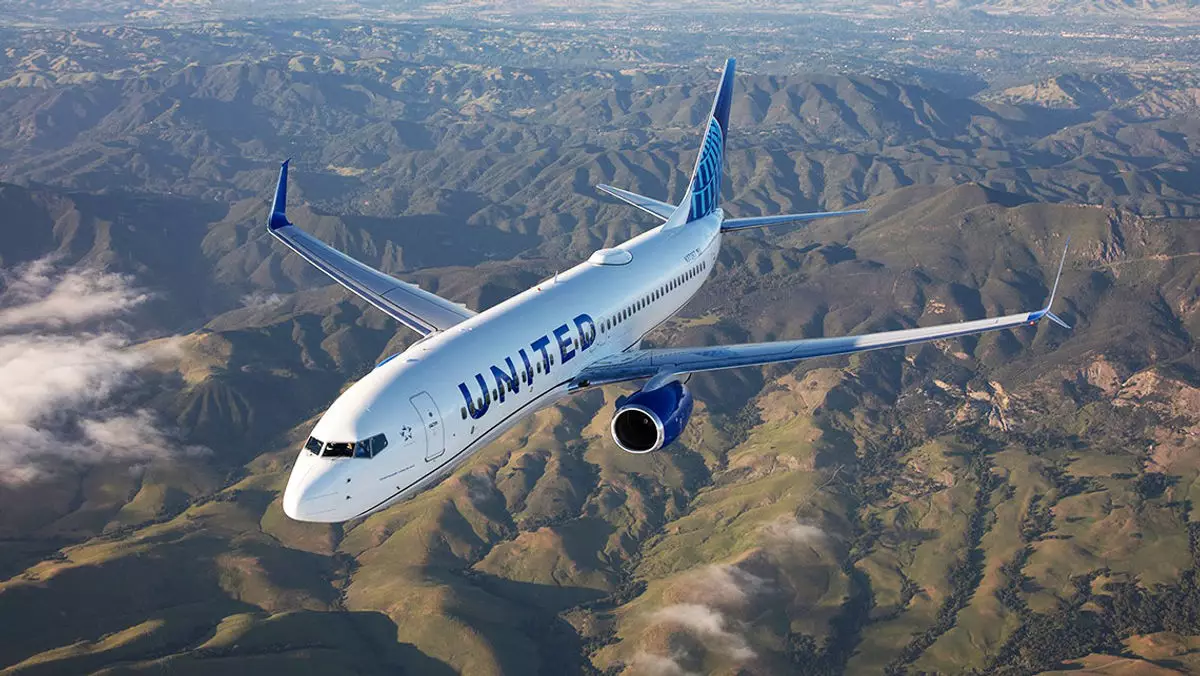In a recent earnings call, United Airlines’ CEO Scott Kirby revealed an optimistic outlook for the airline, attributing its current success to strategic decisions made in response to the COVID-19 pandemic’s upheaval of the aviation industry. United has focused on enhancing its international service, aggressively marketing basic economy fares on domestic routes, and scaling up operations using larger aircraft. The implications of these decisions are expected to have lasting effects, fundamentally altering United’s position within the competitive landscape. Kirby’s comments reflect a deep understanding of shifting economic paradigms within the airline sector, suggesting that the changes made are not mere temporary fixes but rather a part of a larger, sustainable evolution for the company.
Kirby articulated a vision centered on foresight, describing how an analytical approach to the evolving economics of the airline industry drove United’s transformation. The optimism shared by Kirby is grounded in a detailed understanding of passenger behaviors and preferences that have shifted dramatically in the wake of the pandemic. This recognition may well serve as a blueprint for other carriers grappling with similar challenges in the post-COVID landscape.
Kirby emphasized the financial hurdles that low-cost carriers (LCCs) face, highlighting the increased demand for premium seating in the aftermath of the pandemic. United Airlines appears well-positioned to capitalize on this demand, as its investments in domestic hubs and basic economy products have created a substantial competitive advantage over budget airlines. By asserting that budget airlines are unlikely to operate profitably within United’s hub-centric model, Kirby sheds light on the vulnerabilities within the LCC business model.
Interestingly, while LCCs can outpace United in low-cost, point-to-point scenarios, the complexity and richness of United’s hub network provide distinct advantages in terms of revenue generation and passenger migration. This nuanced discussion raises questions about how LCCs might need to innovate or transform in order to maintain relevance and profitability in a rapidly changing industry.
In line with the growing demands of the post-pandemic traveler, United’s strategic pivot towards international flying has paid dividends. Chief Commercial Officer Andrew Nocella noted that international revenue has surpassed domestic performance, marking a clear departure from pre-pandemic norms. The airline’s data from the fourth quarter highlights significant growth: passenger revenue surged by 9.5% for Europe, 6.8% for the Atlantic, and even 11.2% for the Pacific routes.
Such figures underscore the resilience and untapped potential of international travel, which had been previously stifled by pandemic-related restrictions. The insights gleaned from these developments point to a future where global travel could resume more robustly, favoring airlines like United that proactively adapt their service offerings to meet demand.
Reflecting United’s solid financial standing, the airline reported $14.7 billion in revenue for Q4, marking a commendable 7.8% increase year over year. Not only did net income reach $985 million for the quarter, but the broader fiscal year completion resonated with a net profit of $3.15 billion. This financial uplift is particularly noteworthy considering the tumultuous landscape within which the company operated.
Kirby’s recognition of employee contribution to this success speaks volumes about the internal culture cultivated within United. With a profit-sharing payout of $713 million, employees have a stake in the company’s performance, a practice that not only fosters loyalty but also incentivizes productivity and dedication.
In essence, United Airlines has embarked on a transformative journey aimed at redefining its market presence amid shifting consumer preferences and competitive pressures. By successfully leveraging its hub advantages, focusing on premium segments, and enhancing its international capabilities, United has positioned itself as a formidable player in the rebounding aviation industry. As leaders like Kirby navigate these intricacies, the lessons learned could very well shape the future strategies of the entire industry, ensuring that adaptation and strategy remain key factors in airline success.

